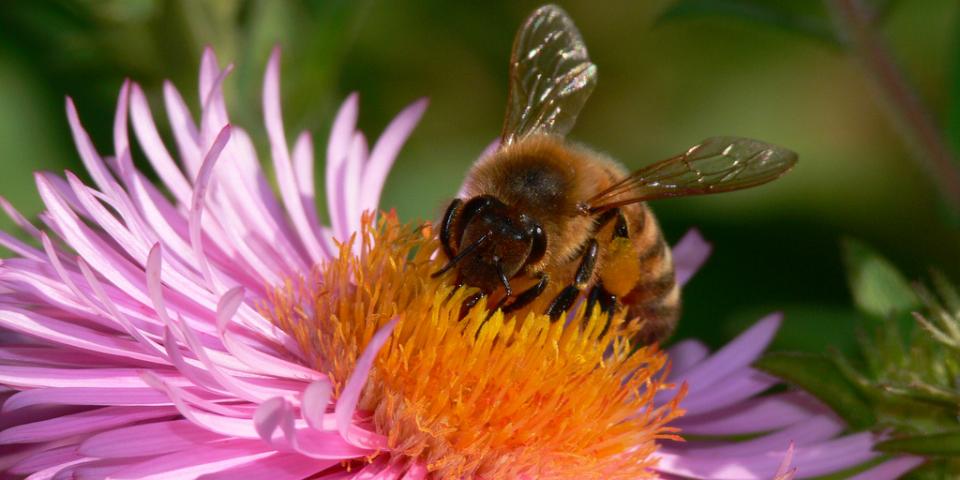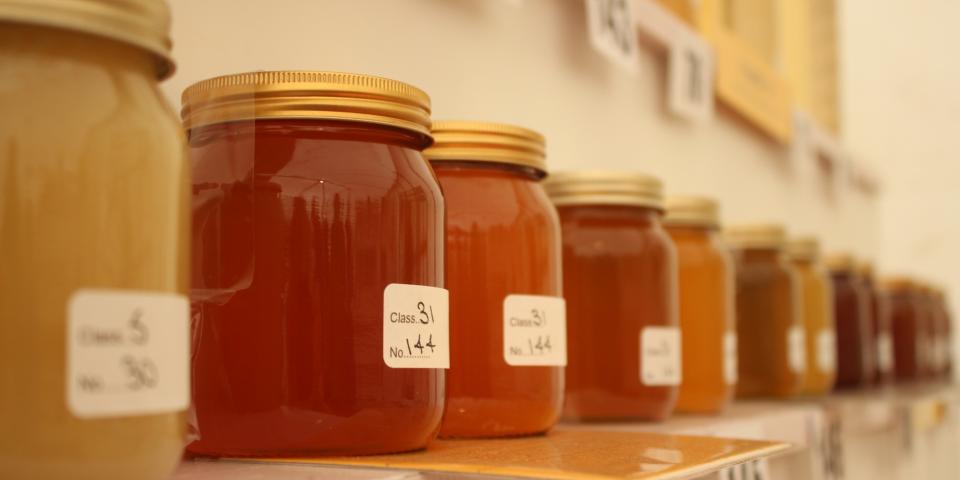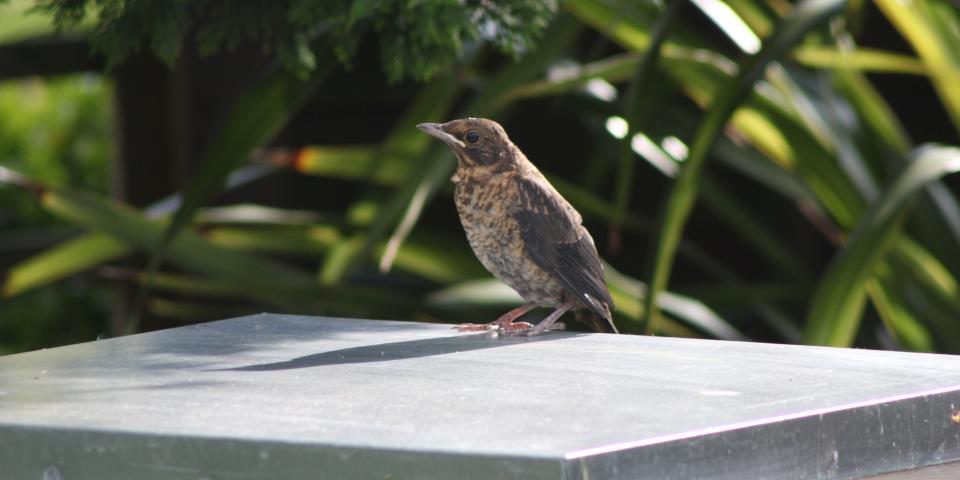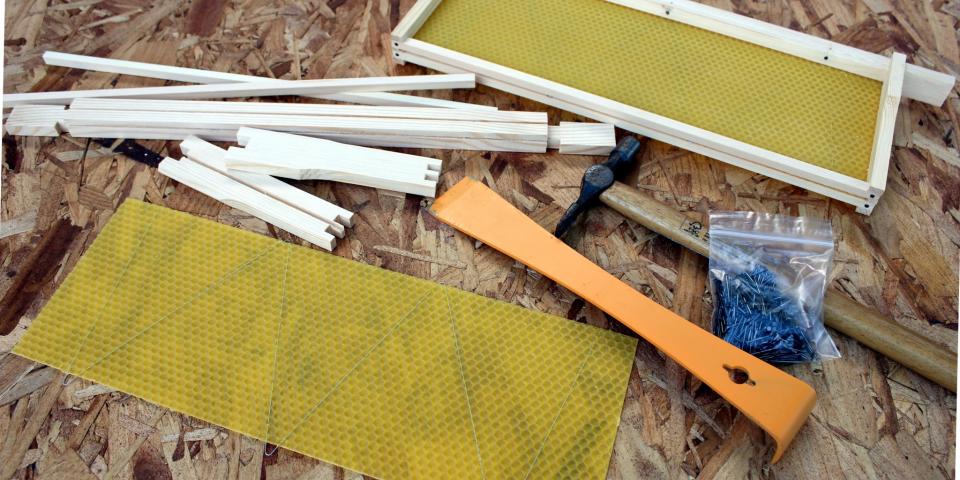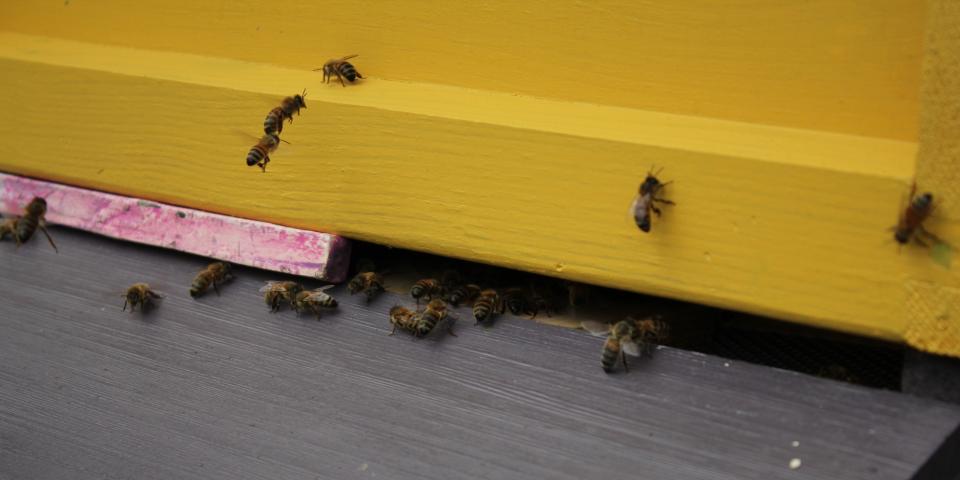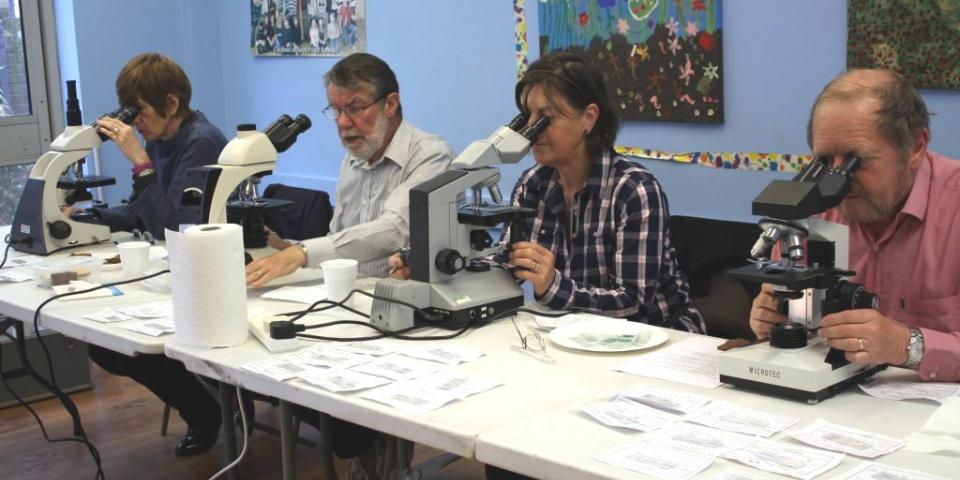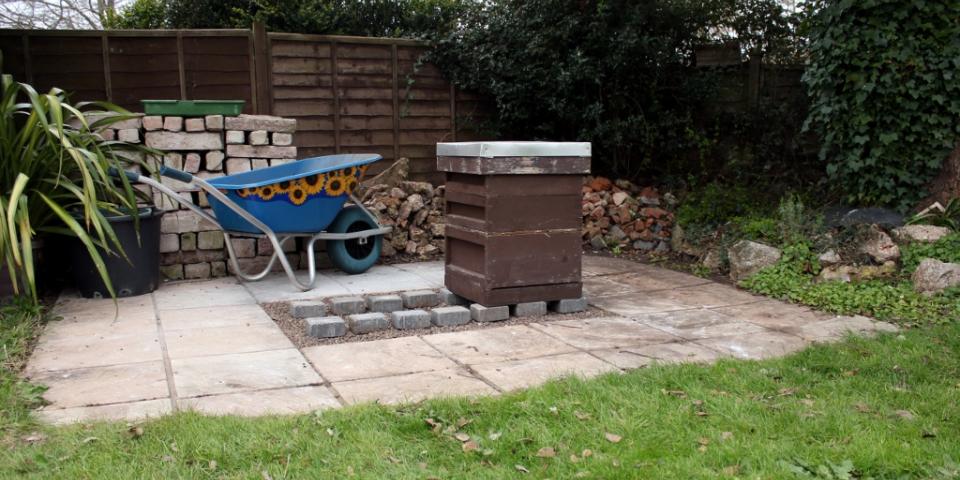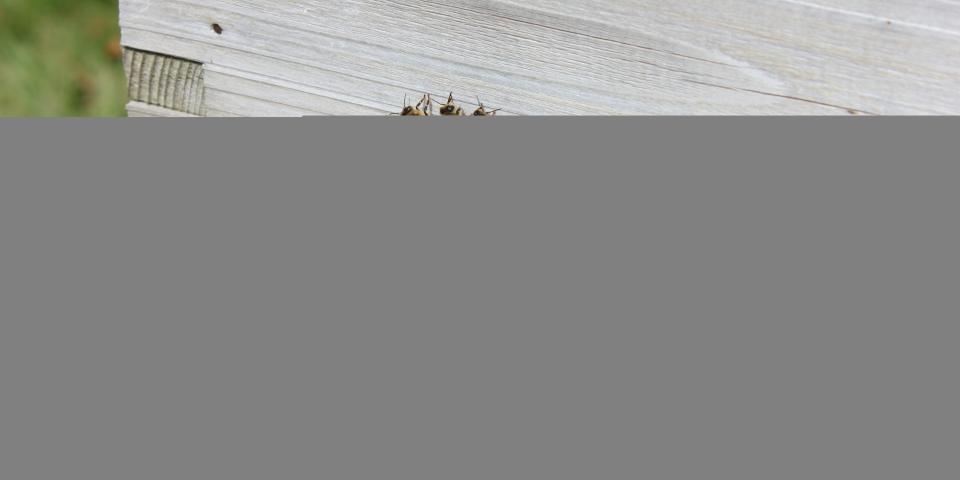- Posted By: beekeeper
- Comments: 0
Stop start Spring confusing bees
There was an interesting article on BBC Radio 4's Farming Today programme presented by Anna Hill this week reporting that the stop start Spring seems to be confusing honey bees this year and beekeepers are reporting a slow start in producing honey as their bees don't seem to be making honey as fast as they might. She spoke to David Southgate, a Norfolk beekeeper and a swarm collector for the local area.

